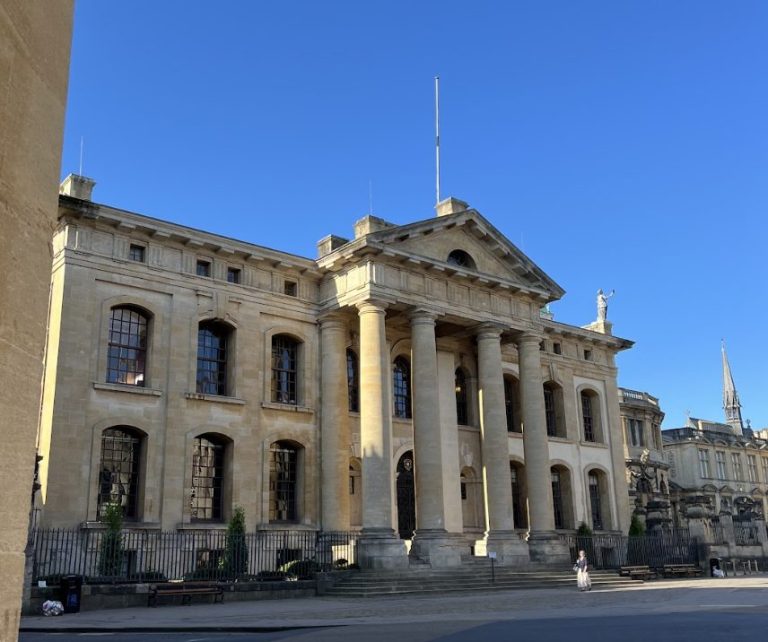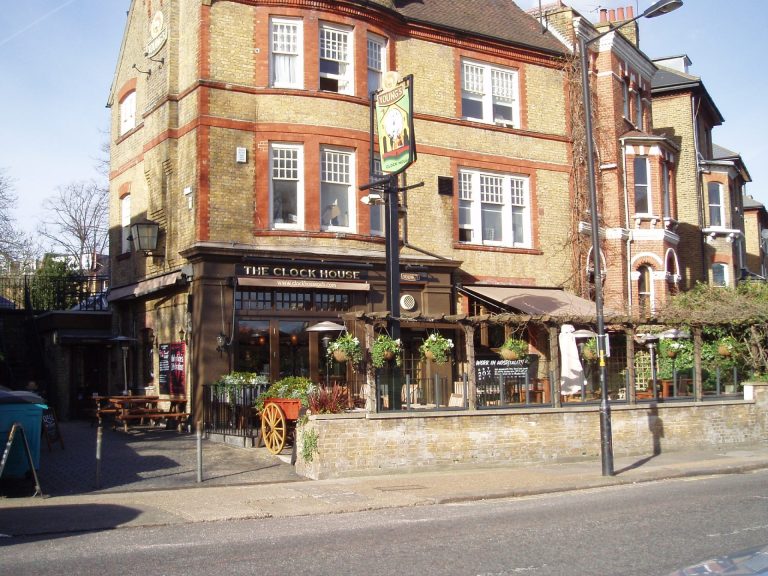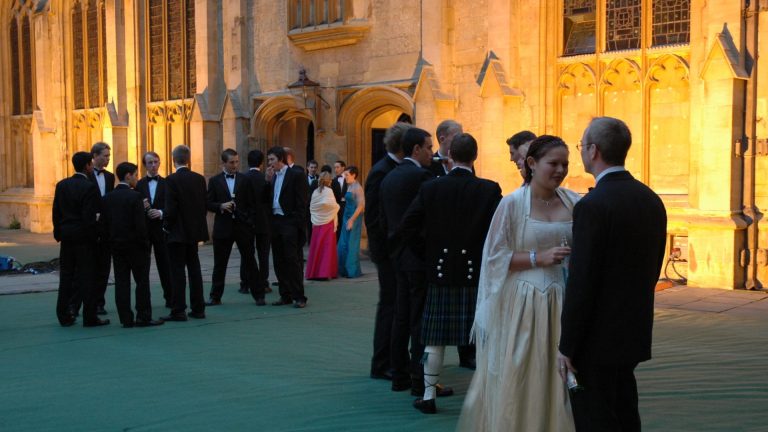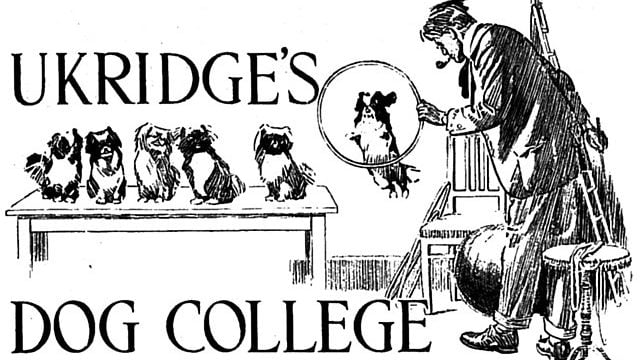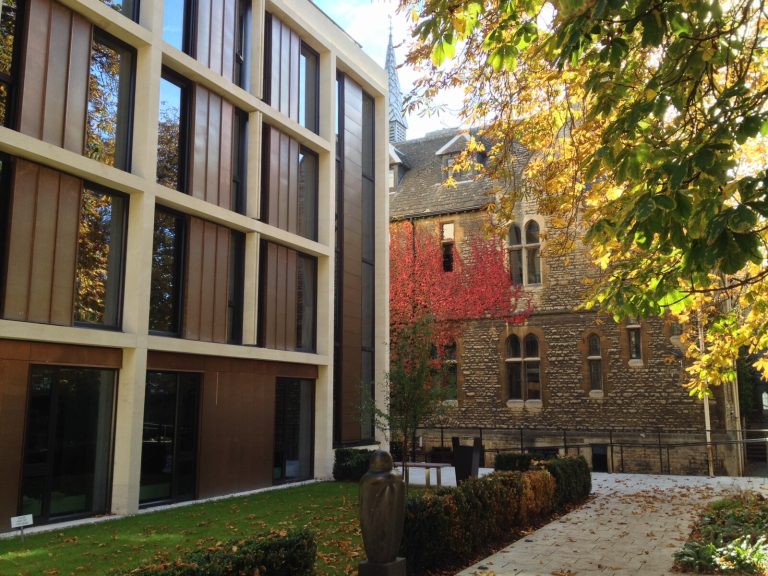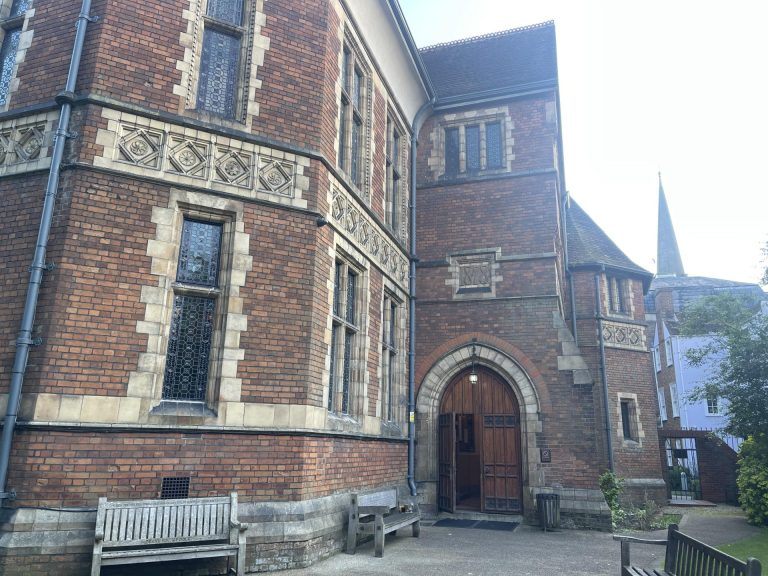Newly released figures show that University of Oxford graduates earn more than those from other universities. Department for Education figures reveal that Oxford graduates are the highest earners in the South-East, and among the highest nationally.
Oxford graduates earn on average £46,000 five years after graduating, data from the 2021 to 2022 tax year reveals – significantly higher than the South-East average of £29,600 a year.
Oxford Law graduates had the highest pay of any course, earning on average £64,600 five years after graduating. On the other hand, the course with the lowest paid graduates is Creative Arts, with £26,300 a year. For comparison, the highest and lowest earning Brookes graduates were paid £45,300 and £19,700 a year on average.
According to the Oxford University Careers Service told Cherwell, a recent survey by the Careers Service of recruiters at Oxford reported that on all eight measures of employability, Oxford applicants are seen as “better” or “much better” than the average UK applicant. Around 93% of leavers had a “positive outcome”, meaning they are in further study or high-skilled/self-employment – putting Oxford fourth of all universities in the country.
The data also shows there is a 12% gap between male and female Oxford graduates’ salaries five years after graduating, with male Oxford graduates earning £49,300 and female graduates earning £43,500, on average. As per the Organisation of Economic Cooperation and Development (OECD), the UK gender pay gap was 14.5% in 2022, putting it 12th highest among OECD countries.
Oxford University Careers Service told Cherwell: “There are gaps in pay: on average, men earn more than women, and BAME earn more than white students; however, this can be an effect of the industry sectors that men and BAME work in, compared with women and white students. The gaps reduce when the effect of the industry sector is included. What the careers Service and university can do… is to encourage all students to explore all sectors.”
Additionally, according to an analysis by the Telegraph, in certain subjects an Oxford or Cambridge degree can boost graduates’ annual salary substantially. The subjects with the ‘Oxbridge premium’ salaries include Computing, Law, Mathematical Sciences, and Economics. According to the Telegraph’s analysis, Oxford graduates earn more than double their peers from other universities in some of these subjects.
Still, the Tab found that in some subjects non-Russell Group university graduates’ can earn as much as Oxbridge graduates. For instance, medicine graduates from The University of Dundee earn £46,000 five years after graduating, while Oxford graduates earn slightly less at £41,200.


